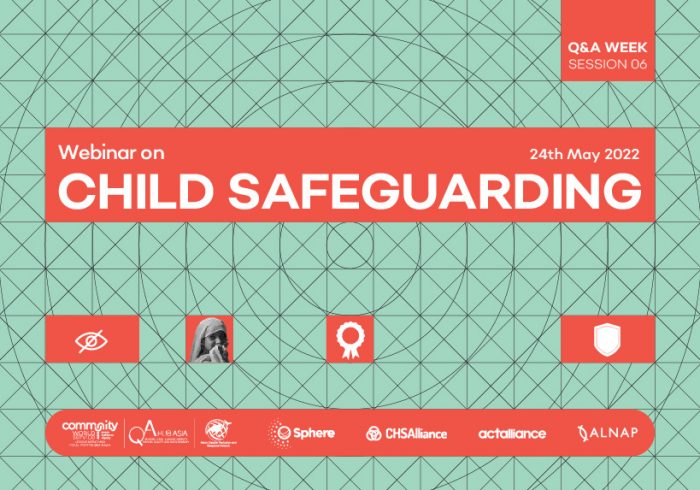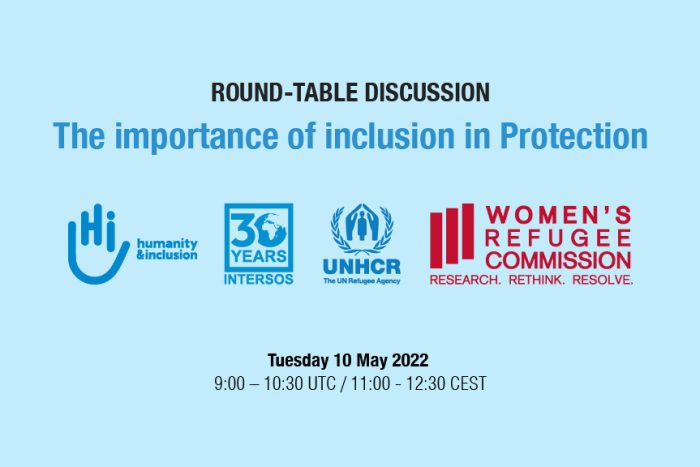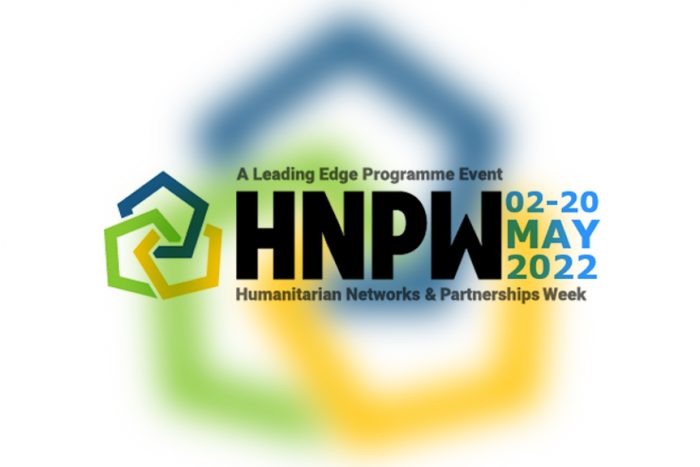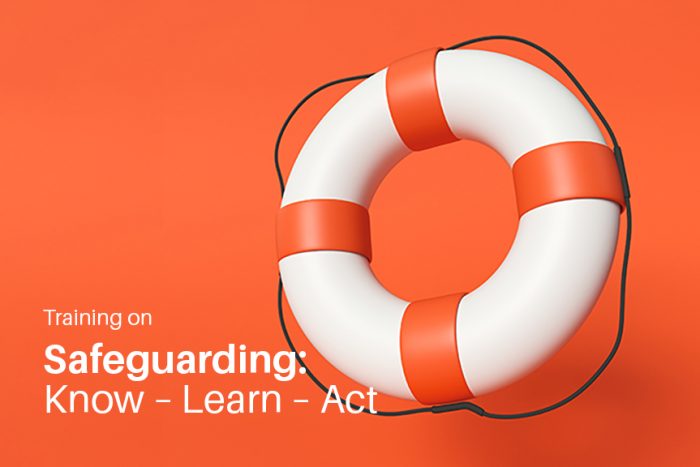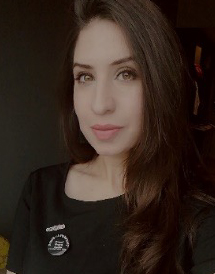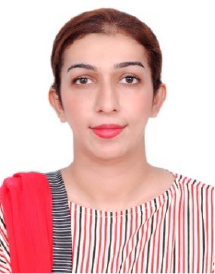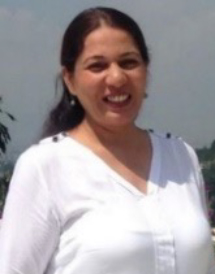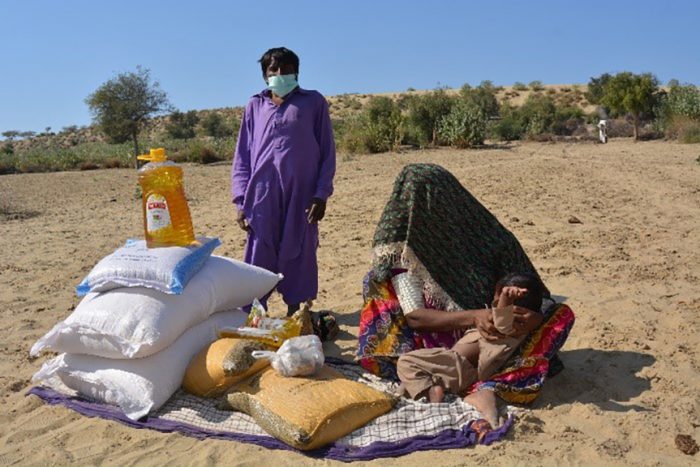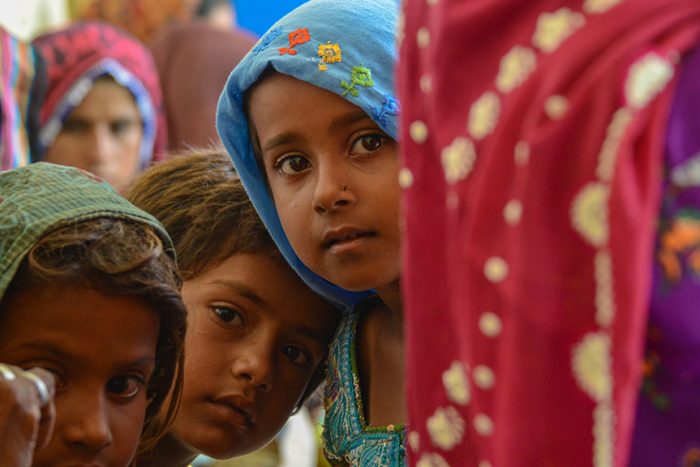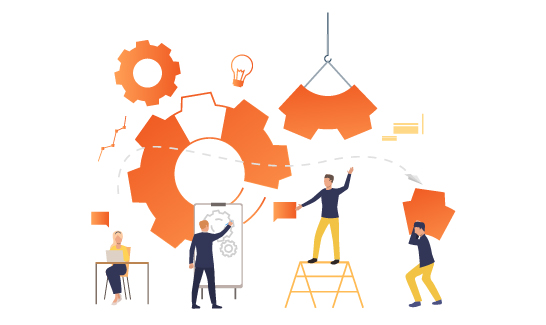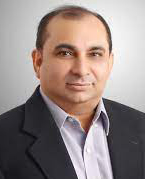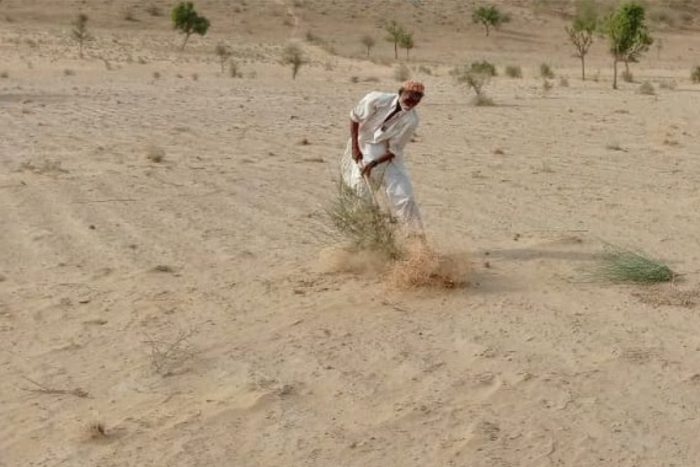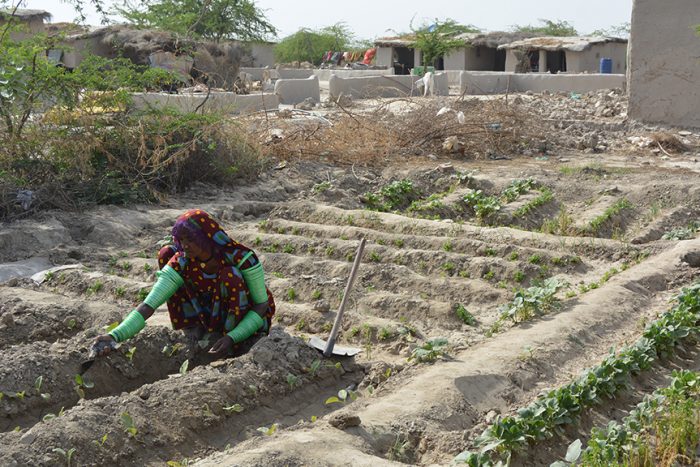When: 24th May 2022
What time: 2.00 PM-3:00 PM (Pakistan Standard Time)
Where: Zoom – Link to be shared with registered participants.
For registration click here
Language: English
How long: 60 minutes
For: Safeguarding focal points, senior managers of national, international and regional NGOs and aid/development networks
Moderator and Trainer: Ester Dross
Background:
CWSA is a humanitarian and development organisation registered in Pakistan, addressing factors that divide people by promoting inclusiveness, shared values, diversity, and interdependence. CWSA is highly committed towards Accountability to Affected People and people centered aid. Over the last two years, we have offered different webinars, covering various aspects of safeguarding and aiming to raise more awareness on key aspects of accountability such as establishing efficient and transparent complaints systems and protection from and prevention of sexual exploitation, abuse and harassment. Safeguarding is a key pillar to any accountability measures that organisations must integrate into their programmes and working cycle.
When people we work with or for, feel unsafe within their workspace or global environment, it leads to critical negative impacts on the quality of our work and the objectives we intend to reach. It is therefore important that we are more aware and increase our efforts for a better understanding of the issues at hand.
This webinar is part of a series of 6 one-hour webinars, covering safeguarding, key policies and minimum requirements, complaints systems, complaints handling and managing investigations and communication. The last webinar will explore questions related to child safeguarding.
We have so far spoken generally about safeguarding and how three organisations set up their safeguarding framework, followed by an interactive session where participants explored the key policies and guidelines they need to have in place in terms of safeguarding. During our third session, we tried to understand what we need to ensure in order to set up robust complaints systems and allow all stakeholders to have a voice and report any concern they have when benefitting from activities of or working with our organisations. During our latest sessions, we spoke about understanding fair and independent investigation processes and how to ensure inclusive and thorough communication with regards to safeguarding, complaints handling and investigations.
Objectives:
The last webinar of this series will explore questions related to child safeguarding including:
- What is important to ensure inclusion for efficient child safeguarding into programs, safeguarding efforts, communications and complaints handling?
- How can we contextualize our communication with regards to safeguarding to include children as our audiences?
- What do we need to communicate to whom around complaints handling and outcomes of an investigation?
Moderator & Presenter:
Ester Dross—Independent Consultant
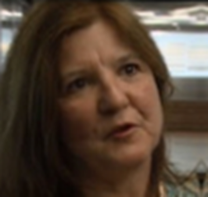
Ms. Dross is an indépendant consultant with over 25 years of expérience, specializing in accountability, prevention of sexual exploitation and abuse, gender and child protection.
Ms. Dross has had an extensive exposure to humanitarian certification systems and accountability to affected populations while working with HAP International as their Complaints Handling and Investigation Advisor, later as their Certification Manager. She has been closely involved in the Building Safer Organisations Project since 2005, dealing with sexual exploitation and abuse of beneficiaries, particularly focusing on gender and child protection. Over the last 6 years and since working as an independent consultant, Ester has been leading a pilot project for FAO on accountability and gender mainstreaming in emergencies and working with numerous NGOs including ACT Alliance members, supporting and training their staff on gender issues, child





